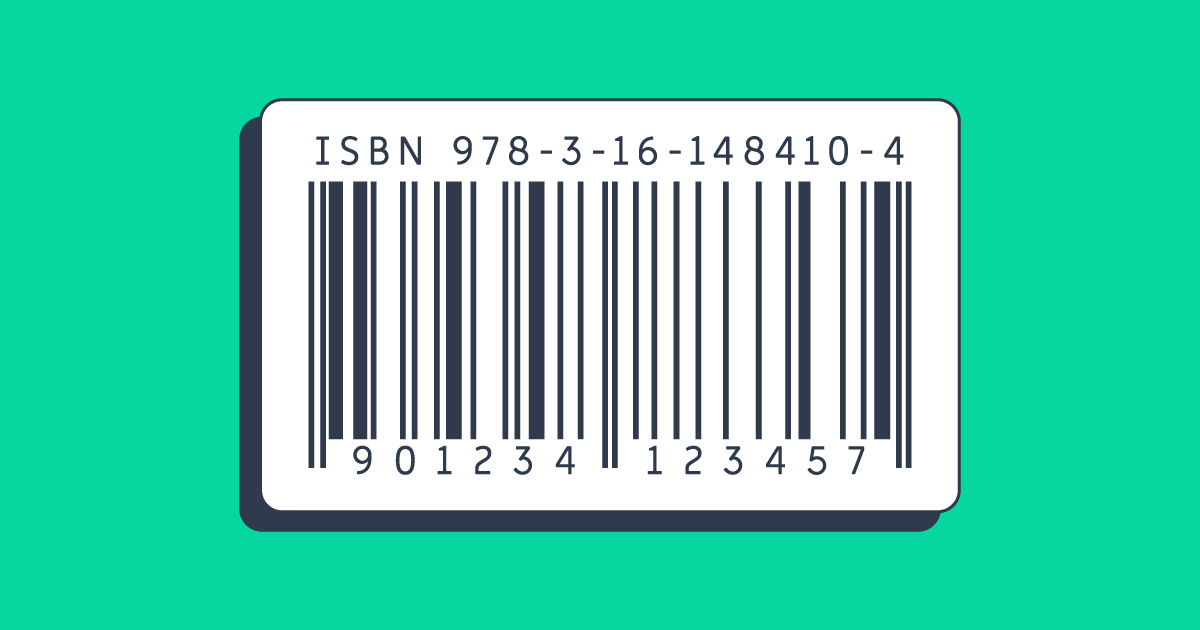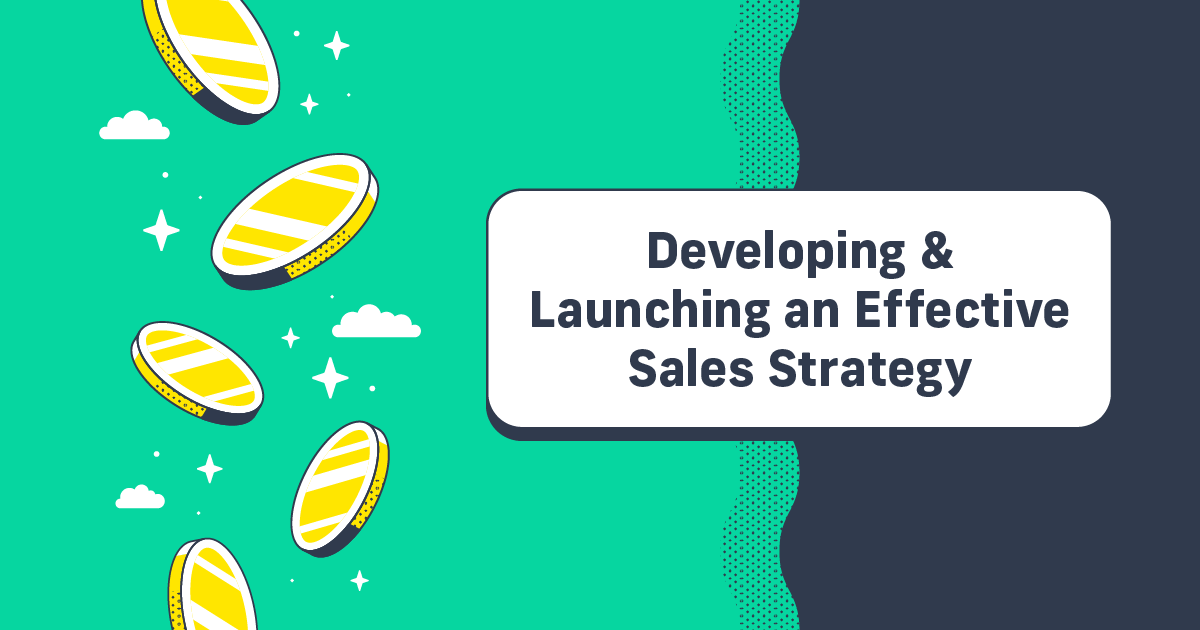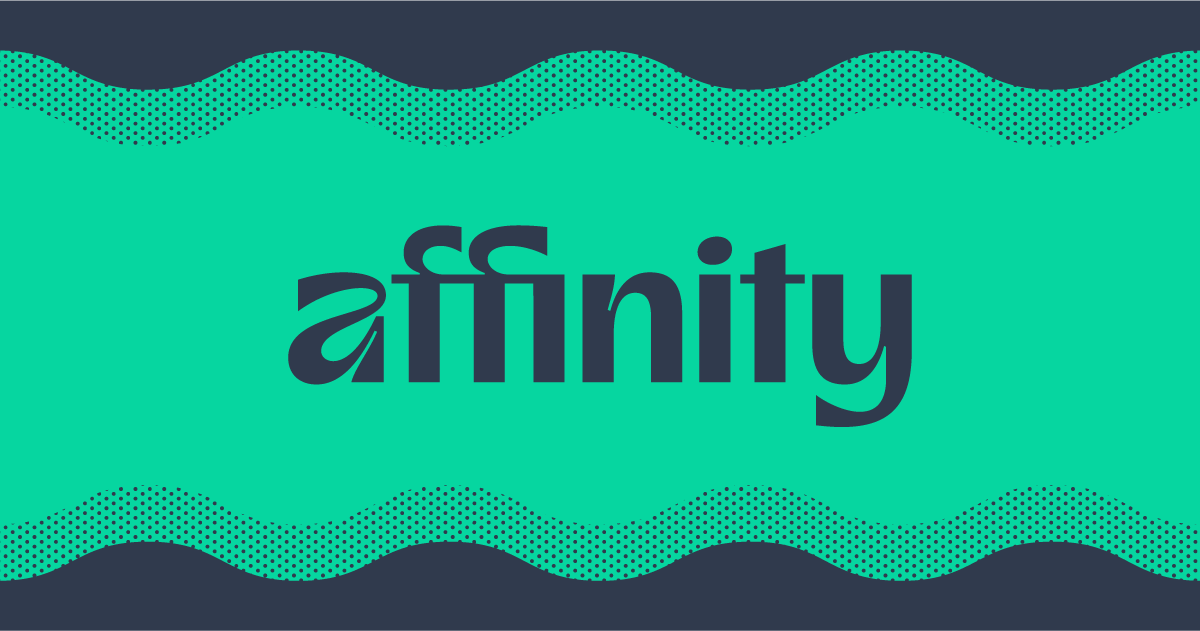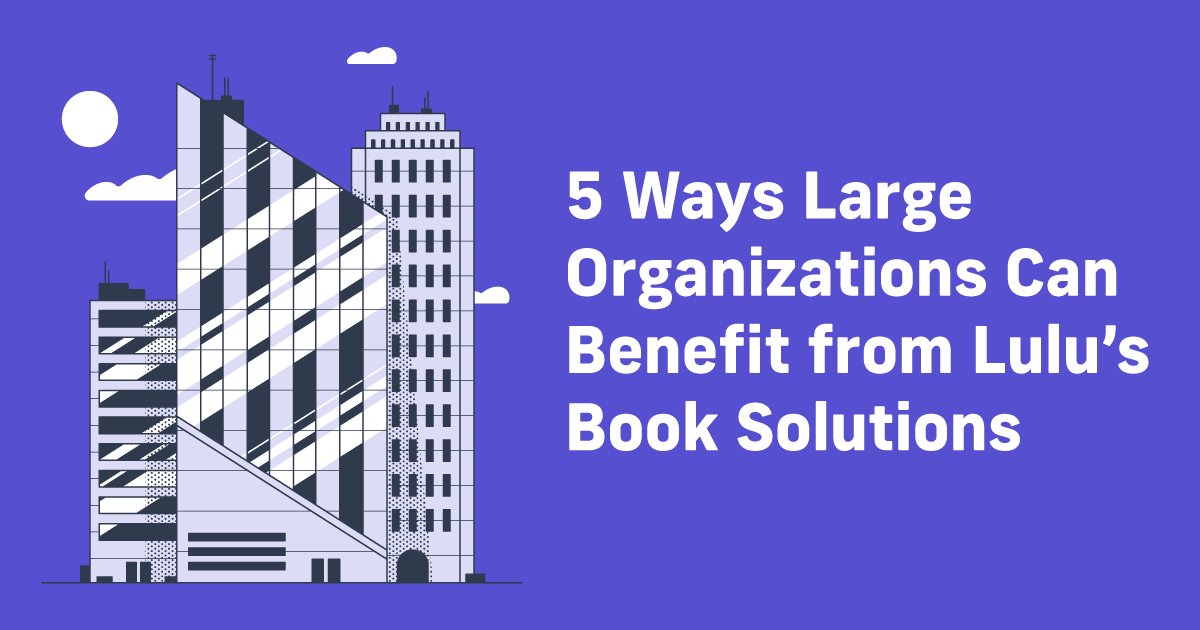Understanding When and Why Your Book Needs an ISBN
When it comes to publishing, my favorite quote is, “You don’t know what you don’t know.” And sure, that might seem like a hopeless conundrum to enter into, but oftentimes writers are so singularly focused on creating something fantastic that questions like “Who is my target audience?” or “What is an ISBN?” don’t come up until they’re ready to cross the proverbial finish line, sending them right back to the starting blocks.
I hope to help you avoid this quandary by equipping you with information that you may not know, but need to understand to successfully publish your book: what is an ISBN, and when do you need one?
Understanding When and Why Your Book Needs an ISBN
An International Standard Book Number (ISBN) is a string of numbers that identifies pertinent information (called metadata) about your book, such as: title, author, type of book, physical properties, and location of publisher. An ISBN is a unique identifier for every single published version of a book, meaning that if you choose to publish in multiple formats (paperback, hardcover, ebook, etc.) each version would need a separate ISBN. It’s kind of like your book’s fingerprint, unique and specific to that edition.
Publishers, booksellers, libraries, and internet retailers use ISBNs for ordering, listing, sales records and stock control purposes. Your project’s ISBN essentially provides all of the details retailers need to appropriately stock and sell your book.
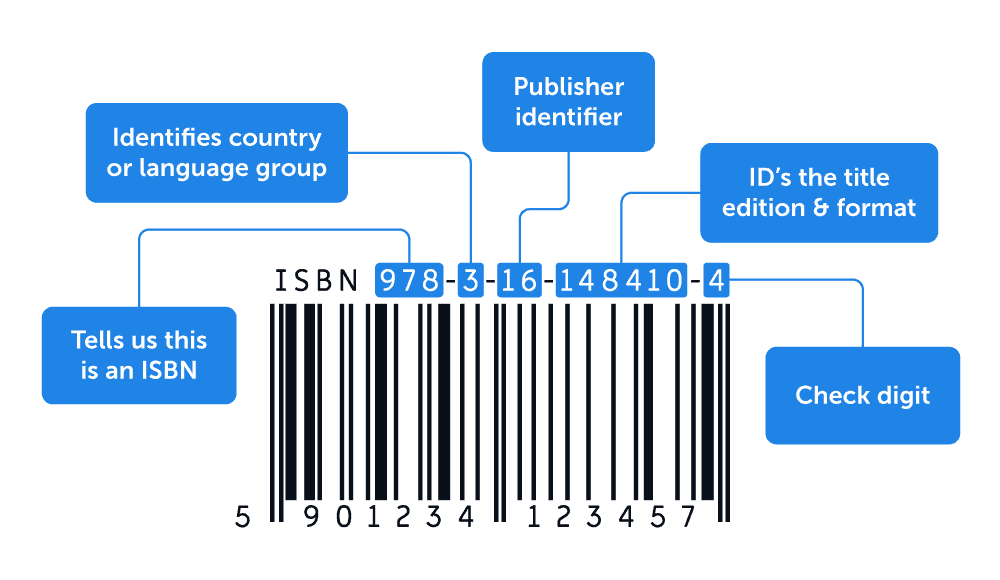
Do You Need an ISBN for Your Book?
ISBNs play a critical role in book distribution, but there are opportunities for you to sell your work without assigning an ISBN. How do you know if an ISBN is right for your project? There are a few things to ask yourself before deciding.
- Do you want to sell your book through retail distribution channels such as Amazon and Barnes and Noble?
- Would you like your book to be available to libraries?
If these things are important to you, then yes, an ISBN is necessary. Retailers and libraries will not accept a book that does not have an ISBN assigned, so Lulu makes it a requirement for you to assign an ISBN to any project you wish to enroll in Global Distribution. For many authors, retail distribution is a gold standard and will necessitate assigning an ISBN to the project.
There are situations, however, where using an ISBN to sell your book is unnecessary. If your end goal is to sell your book through Lulu’s Bookstore, you do not need an ISBN to do so. Likewise, if you are interested in selling your books directly, either by hand or through your own website, you do not need to assign an ISBN to the title. For nonfiction authors, or authors who have already established their audience, selling your books without an ISBN makes sense.
Another way to think about this is if you are interested in publishing multiple titles or accessing retail distribution, ISBNs are for you! If you publish in a unique format (such as saddle stitch or coil bound) and already have an established connection with your audience, an ISBN may not be necessary.
To decide if you need an ISBN for your project, review your book’s goals. If hitting an Amazon bestseller list or seeing your book on the shelves of your local bookstore are your goals, then ISBNs will be an essential part of your publishing journey.
Where to Get an ISBN
If you need an ISBN, there are a few different places you can acquire one. If you publish your work on Lulu, we offer free ISBNs and the option for you to supply your own. For many of our authors, using a free ISBN from Lulu is perfect for their needs. It allows them to access retail channels and distributors worldwide using our Global Distribution service. If you decide to use a free ISBN from Lulu, be aware that Lulu.com will be listed as the publisher in your book’s metadata.
If you are interested in using Lulu as a white-label service or starting your own publishing imprint, purchasing a batch of ISBNs to assign to your projects might be a better option. In the US, ISBNs can only be purchased from Bowker. Some countries provide ISBNs for free, so if you are outside the US and unsure how to acquire ISBNs, ISBN International can help.
Buying Your Own ISBNs
Purchasing your own ISBNs has a few distinct advantages. The first is you can create your own publishing imprint. Doing so will keep your brand front and center and help you maintain brand continuity if you plan to publish multiple titles. If someone comes across your book and Googles the ISBN, your publishing imprint will be listed as the publisher.
Secondly, if you own your ISBNs, you can move them with the book. For example, if you use a free ISBN from Lulu, you cannot take that ISBN to another platform if you choose to publish elsewhere. However, if you purchase your own ISBNs, you can assign them to your Lulu project and move them to a different platform if need be. Another benefit of purchasing your own ISBNs is that they will never expire, so any unused ISBNs you own can be assigned to future projects. If you have any old ISBNs lying around that do not fit the current format, you can convert them here: https://www.isbn.org/ISBN_converter
Now there is one less thing you don’t know about publishing! To ISBN or not to ISBN is a question worth considering for every project you publish, and this information can help lead you to the write answer.
Public Service Announcement
ISBN is an abbreviation for International Standard Book Number. In recent years, a strange phenomenon has taken hold among authors and publishers online—calling it an ‘ISBN number’. Please help us all make the world a little more clear by using the correct abbreviation or, if you really like the word ‘number’, spelling out the entire abbreviation.

